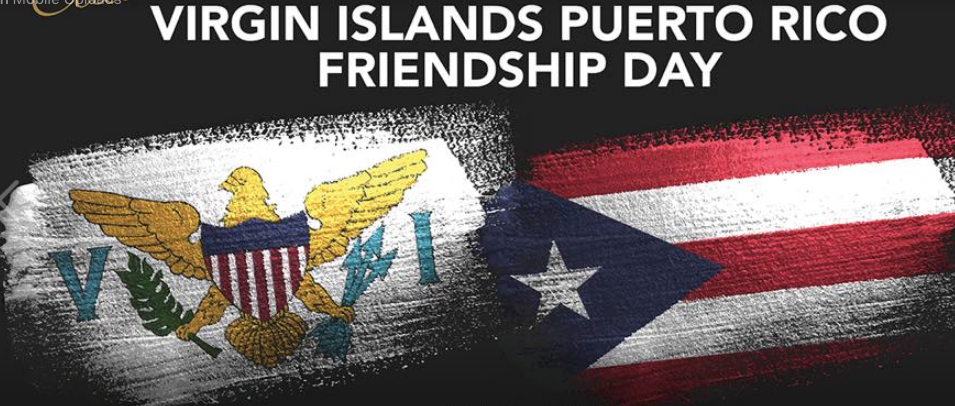Columbus’ reign of terror is one of the darkest chapters in our history. The REAL question is: Why do we celebrate a holiday in honor of this man?”
written by Sheri Lewis
This is a thought-provoking question. If we say like the school history books that he discovered America, then we would be incorrect and incorrectly celebrating. Columbus only revealed to the Europeans the existence of continents and islands which were inhabited already and had been so for many centuries.
The erroneous term “discovery” was the beginning of the genocide of a people who were not considered as humans by the European. The Native Americans would have considered Columbus visit to America as the beginning of a genocide.
This historically problematic holiday for the United States, since Columbus never actually set foot on the continental U.S., has made an increasing number of people uncomfortable, given the enslavement and genocide of Native American people that followed in the wake of the three Columbus ships -Nina, Pinta and Santa Maria.
Today, most people think of Columbus Day as just another day off from school and work. Those who support the holiday believe that although Columbus may not have discovered the Americas, it was his arrival—and subsequent three additional voyages over the next twelve years—that shepherded in an era of exploration and colonization of North and South America.
While this opened up economic and political opportunities for European powers, the colonization of the New World led to the exploitation of its indigenous peoples, often violently and eventually with disastrous results for many cultures.
Columbus Day is a national holiday in the United States, but due to inhumane actions taken by the European powers who came in waves to the Americas, several states have replaced the holiday with Indigenous People’s Day to honor the original inhabitants of these lands.
The celebration of Columbus Day in the United States began to decline at the end of the 20th century. Florida, Hawaii, Alaska, Vermont, South Dakota, New Mexico, Maine do not recognize it and have each replaced it with celebrations of Indigenous People’s Day (in Hawaii), Discoverers’ Day (in South Dakota), and Native American Day.
Columbus Day is a national holiday in the United States, but due to inhumane actions taken by the European powers who came in waves to the Americas, several states have replaced the holiday with Indigenous People’s Day to honor the original inhabitants of these lands. The celebration of Columbus Day in the United States began to decline at the end of the 20th century. Florida, Hawaii, Alaska, Vermont, South Dakota, New Mexico, Maine do not recognize it and have each replaced it with celebrations of Indigenous People’s Day (in Hawaii), Discoverers’ Day (in South Dakota), and Native American Day.
Only a handful of Caribbean countries still observe holidays related to Columbus Day. In Belize, October 12 is celebrated as Day of the Americas or Pan American Day. In the Bahamas, it was formerly known as Discovery Day, until 2001 when it was replaced by National Heroes Day. The Virgin Islands made the decision to change the Columbus Day Holiday to the Virgin Islands Friendship Holiday.
Journalist and media critic Norman Solomon reflects, in his book, Columbus Day: A Clash of Myth and History, that many people choose to hold on to the myths surrounding Columbus. He quotes from the logbook Columbus’s initial description of the American Indians: “They do not bear arms, and do not know them, for I showed them a sword, they took it by the edge and cut themselves out of ignorance…. They would make fine servants…. With 50 men we could subjugate them all and make them do whatever we want.”
“They do not bear arms, and do not know them, for I showed them a sword, they took it by the edge and cut themselves out of ignorance…. They would make fine servants…. With 50 men we could subjugate them all and make them do whatever we want.”
Solomon states that the most important contemporary documentary evidence is the multi-volume history of the Indies by the Catholic priest Bartolomé de las Casas, who observed the region where Columbus was governor. In contrast to “the myth,” Solomon quotes Las Casas, who describes Spaniards driven by “insatiable greed”—”killing, terrorizing, afflicting, and torturing the native peoples” with “the strangest and most varied new methods of cruelty” and how systematic violence was aimed at preventing “[American] Indians from daring to think of themselves as human beings.”
The Spaniards “thought nothing of knifing [American] Indians by tens and twenties and of cutting slices off them to test the sharpness of their blades,” wrote Las Casas. “My eyes have seen these acts so foreign to human nature, and now I tremble as I write.”
But although Father Bartholomewde las Casas pleaded for peaceful and humane relations, he was not against slavery itself and recommended the importation of African slaves to do the hard labor. To celebrate Columbus Day is to celebrate a man who is responsible for destroying countless lives and entire cultures.
Torturing the native peoples” with “the strangest and most varied new methods of cruelty” and how systematic violence was aimed at preventing “[American] Indians from daring to think of themselves as human beings.” The Spaniards “thought nothing of knifing [American] Indians by tens and twenties and of cutting slices off them to test the sharpness of their blades,” wrote Las Casas. “My eyes have seen these acts so foreign to human nature, and now I tremble as I write.”
Although Father Bartholomewde las Casas pleaded for peaceful and humane relations, he was not against slavery itself and recommended the importation of African slaves to do the hard labor.
To celebrate Columbus Day is to celebrate a man who is responsible for destroying countless lives and entire cultures.


